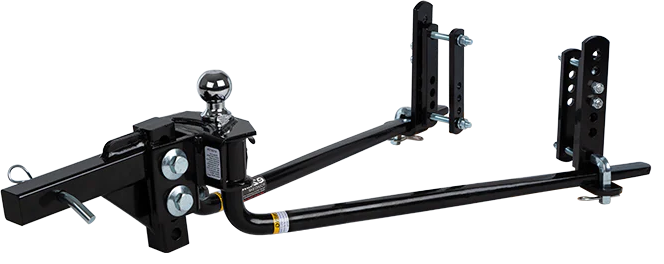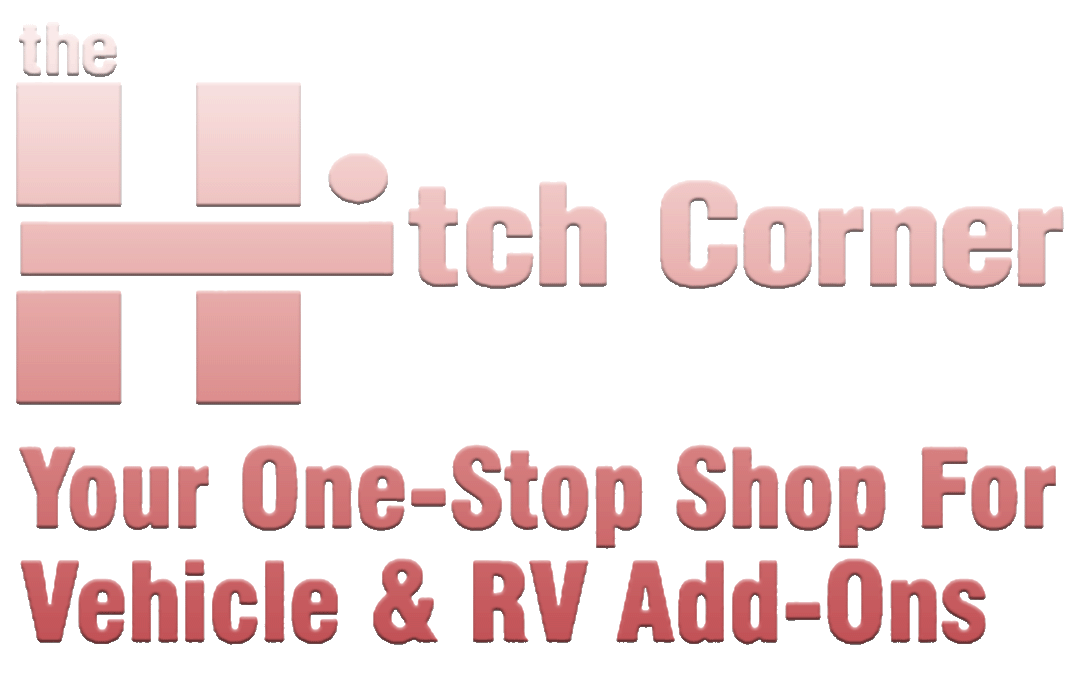EXPLORE OUR LATEST TIPS
We have everything for your vehicle
So you can live the way you want
We have everything for your vehicle
So you can live the way you want

Explore an extensive range of essential products for cars, SUVs, and trucks, featuring items that cater to both style and functionality,
including versatile cargo carriers suitable for roof and trailer hitch setups.

We needed to swap our hitch mount and ball but were unsure exactly what we needed. The two men working were extremely helpful in pointing out what we needed and even helped us swap the hitch despite them being about to close. Great service!!
Allison Safko

Very quick and friendly service. Hitch installed on a Ford Escape for an upcoming move – took less time than anticipated and job well done. Highly recommend.
Matt Madsen

This place is great. Knowledgeable and super fair on prices. Got a break controller here and it worked out of the box. People here know their stuff. Way better than going to Uhaul.
James Olsen

Hitch Corner (Littleton)
Phone:
(303) 904-1558
Email:
info@hitchcorner.com
Address:
10677 W. Centennial Rd. Suite 103 Littleton, CO 80127
All Rights Reserved | Hitch Corner | Powered by Proshark